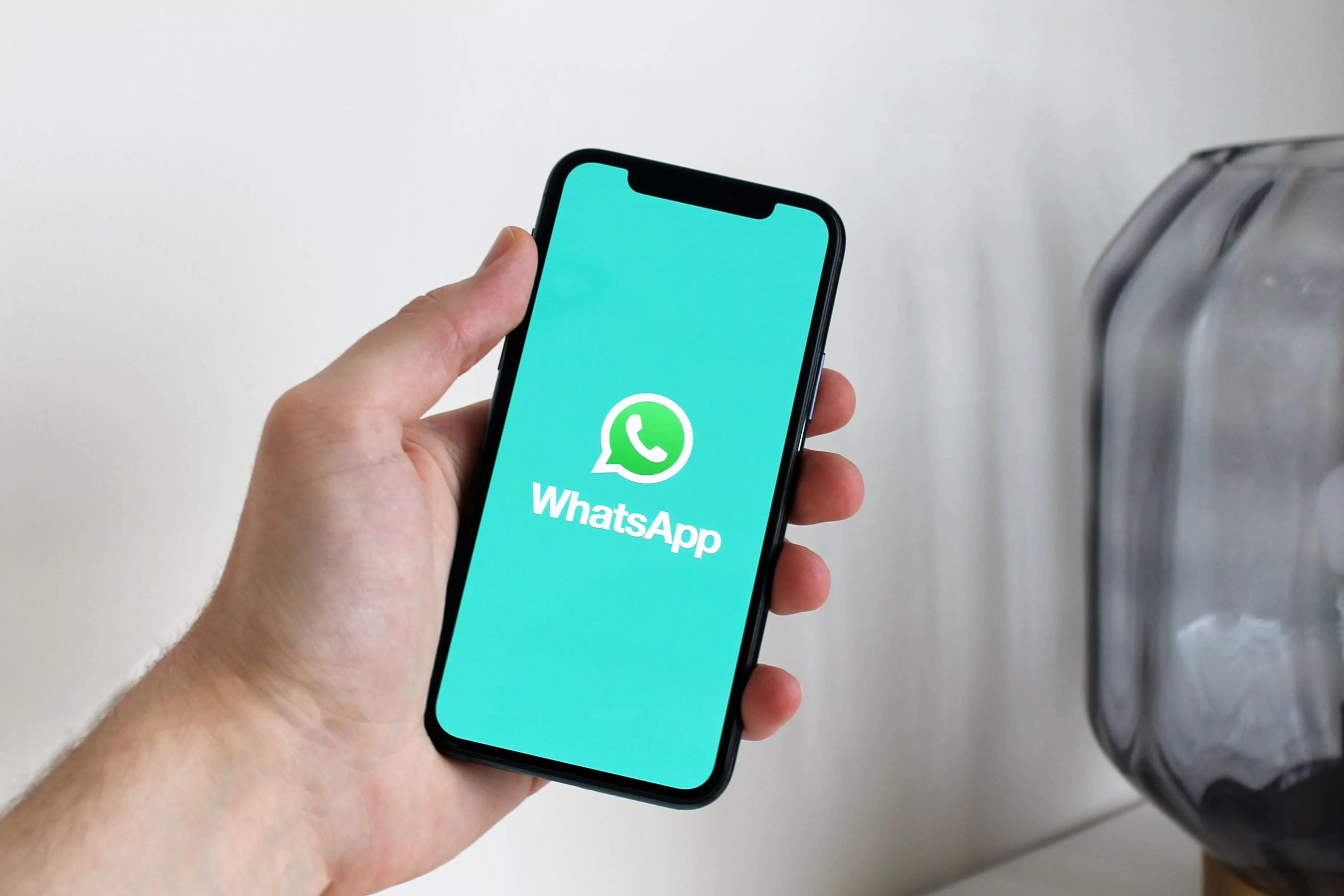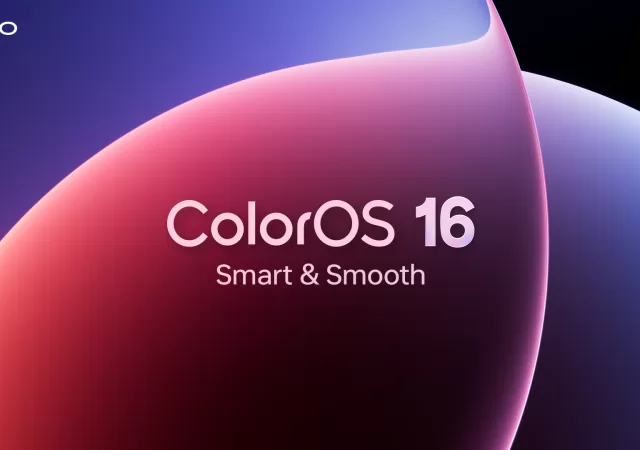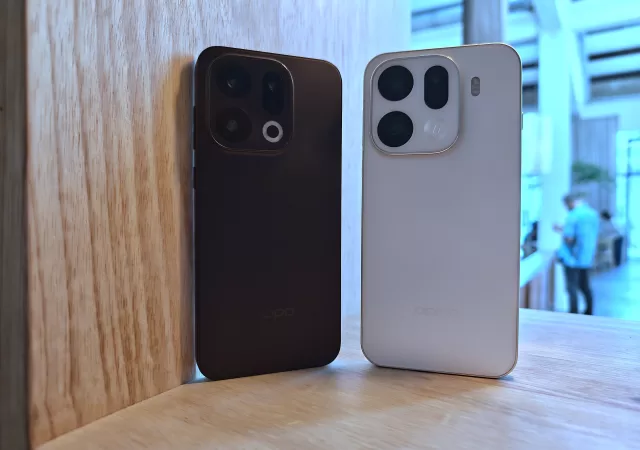WhatsApp has introduced email verification and Chat Lock, which provides users with an additional layer of authentication and security. The app is also doubling down on security with a new Secret Code feature.
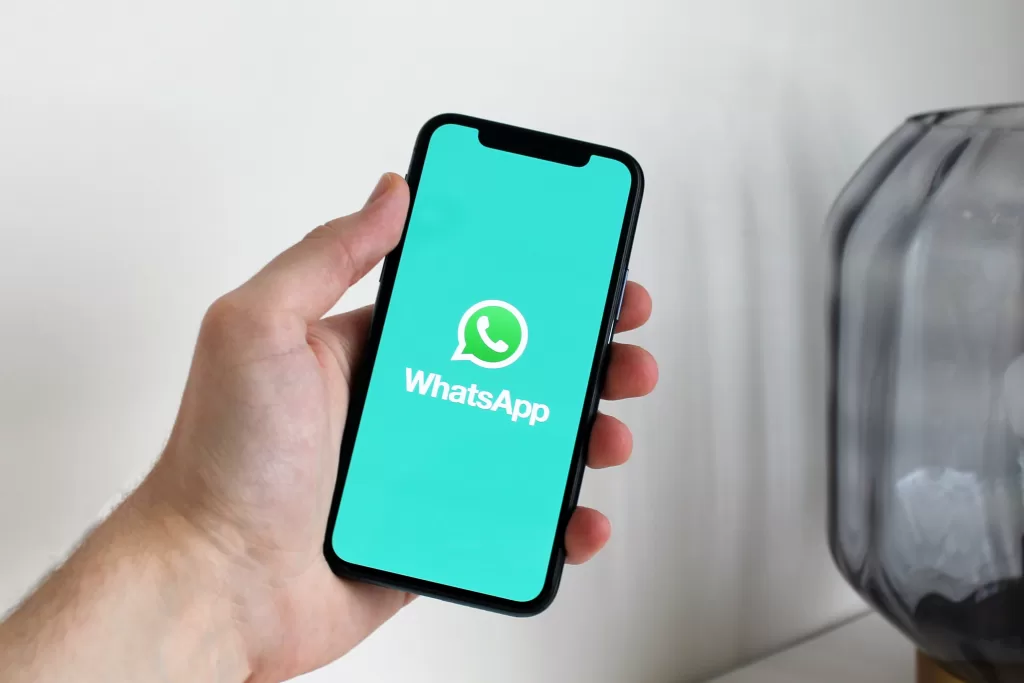
With Email Verification, users can link their WhatsApp accounts to an email address. This is an alternative to the usual SMS verification that could be more useful for users in areas where reception and connectivity is compromised.
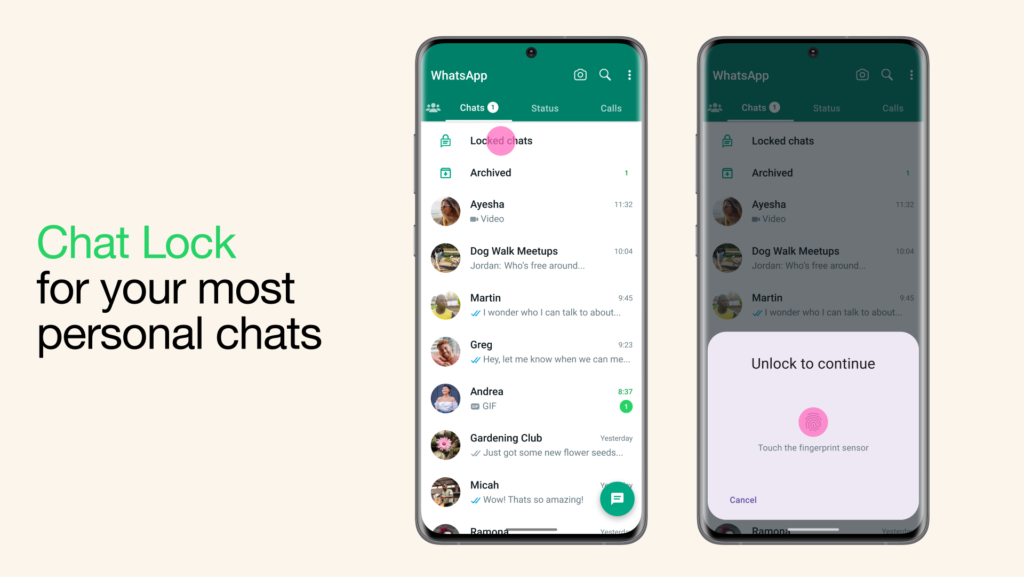
In addition to Email verification, WhatsApp is also introducing two features to enhance privacy on the app: Chat Lock and Secret Code. Chat locks work by being able to set aside chats in a specialised folder in WhatsApp that is only accessible through fingerprint or face ID ensuring only the user can securely stow them away from prying eyes.
With Secret Code, users can place passcodes on locked chats to add that secure layer to the conversation. Users can also hide the Locked chat folders from the home page, which can only be accessed with the passcode users had placed when typing in the search bar.
As with all new features, users must first update WhatsApp to the latest version. After updating, users can go to the Your Profile tab, pick the Account option, and tap on Email Address to connect their account to an email address. The email address is required for authentication and is kept private. Currently, Chat Lock and Email Verification features are live and available publicly in the App. Meanwhile, the Secret Code is in the process of rolling out and will soon be available globally.

These updates come in the wake of WhatsApp and Google both sharing an update that would end the large backups that Android users are able to have. In the update, both Google and WhatsApp iterate that back ups will now count towards user’s 15GB quota of storage across Google services. This would mean that if your back up is larger than 15GB you would need to look into subscribing for larger storage capacities from Google. The plans start at $1.99 per month for 100 GB or $9.99 per month for 2 TB.



